Dr. Wang Tao: Teachable Moment During the Outbreak, Minority Group and Their Learning
2020-03-04
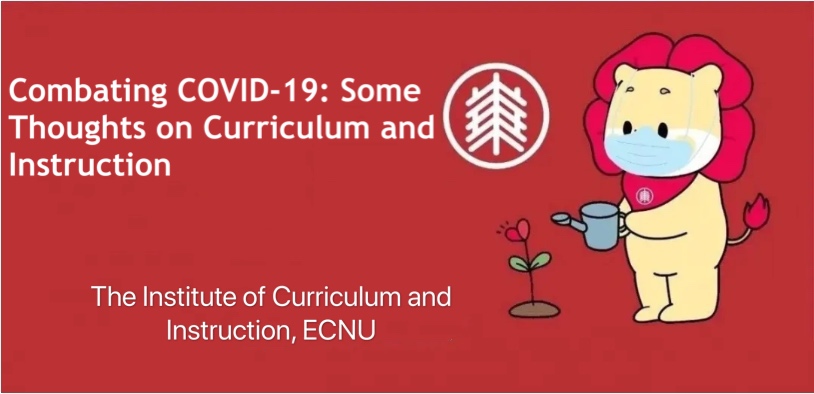

Teachable Moment During the Outbreak, Minority Group and Their Learning

Dr. Wang Tao
ICI, ECNU

A sound, perfect and fair society should pay attention to and care about both the majority and minority groups. Since the Ministry of Education proposed the policy of “Keep Learning Amid Class Suspension”, online teaching has been going on for some time. From the perspective of diversity of student groups, educational equity and social justice, I want to reflect on some learning contents and learning groups that may be paid less attention to.

In addition to the content stipulated by the school, what else can students learn?

1. Starting from the real events and experiences, grasping the teachable moment: we can use news reports, announcements, poetry diaries, popular science knowledge, etc., to develop learning materials and design some theme units. It is better for teachers and parents to jointly participate in the units, and guide students to think and learn from real life events.

2. Focus on students’ personal experiences, pay attention to the history, relationships and resources of families and communities: we can take “homeschooling” as a teachable moment, make use of the precious family union to explore family and community issues. Enriching students’ individual knowledge and cultural knowledge.

3. Be a righteous person and pay attention to vulnerable and minority groups: we can guide students to pay attention to minority groups that have been neglected, neglected or even discriminated against in the epidemic, inspire students’ awareness of fairness and justice, advocate citizen participation, and provide some help to the minority groups within students’ ability.

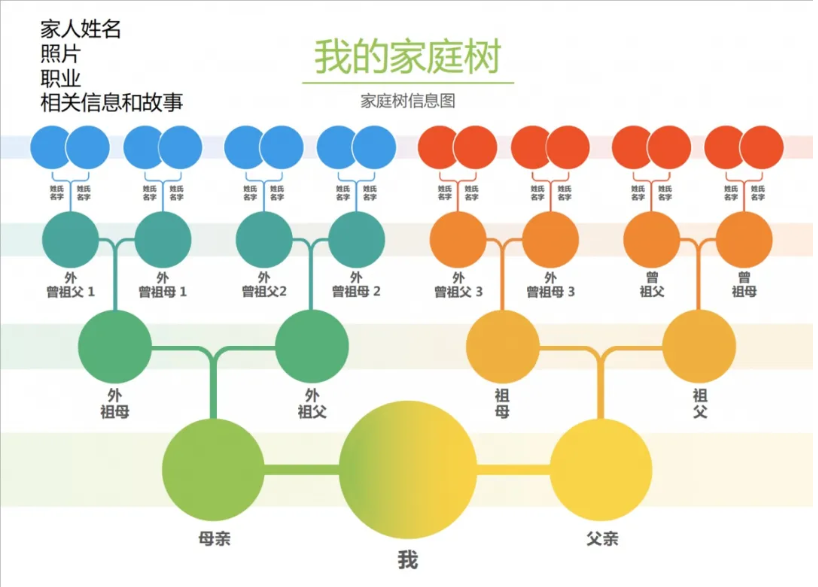
(The Family Tree)

How students who lack accompany learn?

1. Simplify the technical procedure of learning tasks and lighten the burden on parents and teachers: lower technical difficulty as far as possible while designing tasks, guide students to complete learning tasks independently through the platform, appropriately reduce the technical participation of parents.

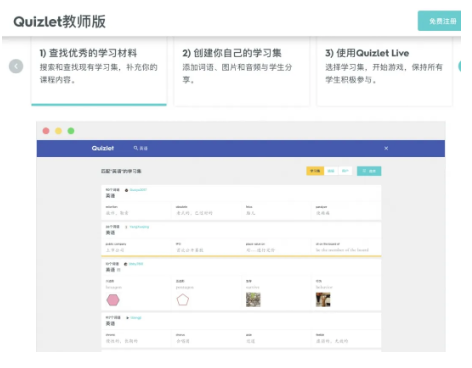

2. Guide students to make plans: through the setting of learning programs and learning logs, we are supposed to guide students to make plans so that they can consciously monitor their own learning process, control their learning rhythm, and constantly optimize their learning styles and strategies.

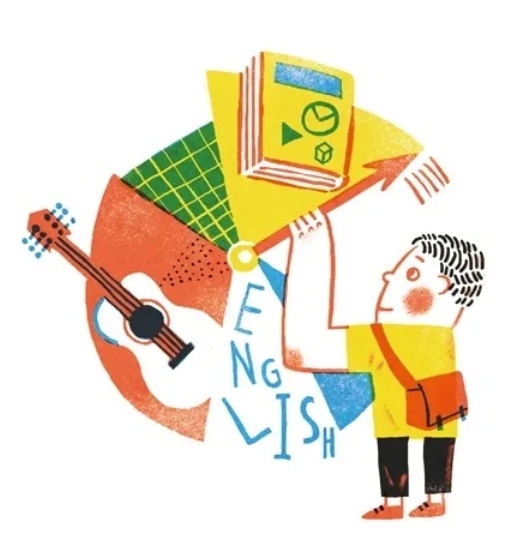

3. Set up web-based learning groups, differentiate and arrange groups to promote peer learning and mutual assistance: for families with no or less assistance, give full play to the function of peer learning. After the assignment, peers supervise and communicate with each other.

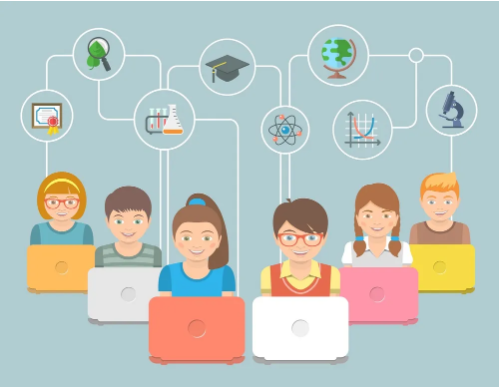

How students who lack technical means learn?

1. Simplify and reduce the use of technology. Reduce live broadcasts and send the pre-recorded videos as teaching material to the students.



2. Arrange existing learning resources and alternative learning resources reasonably. If it is difficult to learn new content, teachers might as well guide students to sort out and reflect on the contents and materials they have learned so as to prepare for formal learning after the epidemic. Provide alternative learning resources.

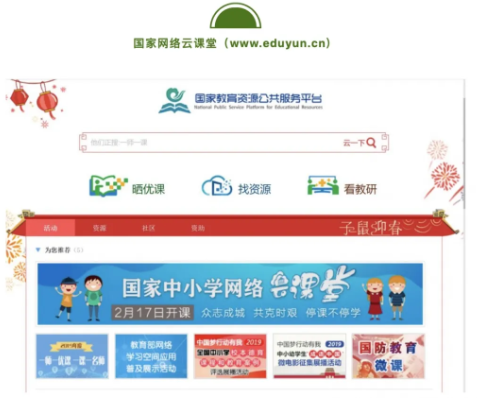

3. Arrange non-text learning and non-information technology learning. Rearrange the curriculum practice, set up some long courses, conduct personalized learning such as family labor, family craftsmanship, home physical exercise etc. in the manner of different projects.



Most of the pieces listed here are unsystematic, and these theory-based suggestions need to be fully combined with the specific objectives, scenes and objects in teaching practice. It is not so much a suggestion as an appeal and initiative, calling on everyone to fully consider the diversity of the educational picture when presupposing and thinking about the object of education, taking into account the minority groups who are likely to be ignored (they are not purely weak, in some areas, they are much stronger than the majority groups), people need to give them more attention, care and help.